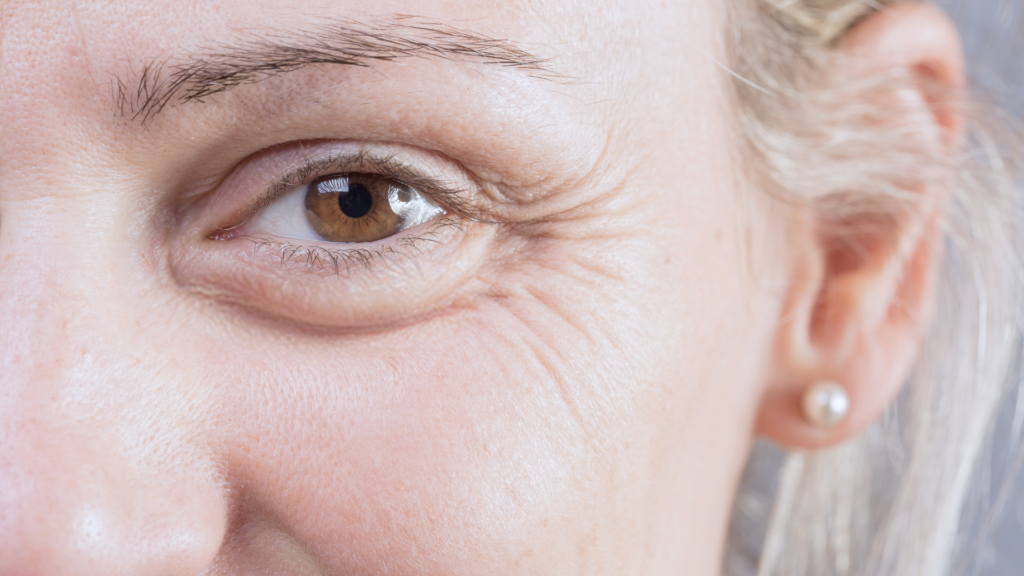Sugar has a sweet spot in our lives, but it might just be souring your skin’s youthfulness. Glycation, a reaction kickstarted by sugar spikes, can accelerate the aging process, leaving its mark on your skin in the form of wrinkles and sagging. The culprit behind this? A group of compounds known as advanced glycation end products, or AGEs.
The Sugary Culprit Behind Aging Skin
We often see sugar as an innocent treat, but the harsh reality is that when sugar hijacks your metabolism, it starts a chain reaction called glycation. This process, sparked by elevated blood sugar levels, leads to the formation of AGEs. These unfriendly molecules have a penchant for disrupting collagen, the protein that keeps your skin firm and youthful.

AGEs: The Agents of Aging
Imagine these AGEs as the party crashers of your skin’s youthful gala. They accumulate over time, hardening the collagen that’s vital for your skin’s elastic and vibrant appearance. The more AGEs you have in your system, the more they contribute to the visible signs of aging: fine lines, wrinkles, and lack of firmness. 😩
But AGEs don’t stop at the superficial level; they have a deeper impact on your overall health, potentially contributing to chronic conditions often associated with aging.

Yes, glycation is an inevitable part of the aging process, but are you unknowingly pressing the accelerator with your dietary choices? Diets high in sugar and refined carbs can boost glycation and AGE production, while skimping on the protective factors found in healthy fats, fiber, and protein.
To keep the hands of time from ticking too quickly, it’s essential to foster a diet that supports rather than sabotages your skin’s integrity. By shifting focus towards a balanced diet, rich in antioxidants and essential nutrients, you might just slow down the glycation train.
The Motivation to Embrace Youthful Habits
Reflect on your current lifestyle and dietary habits—could they be contributing to a speedier aging process? If preserving your youthful glow and maintaining a vibrant, healthy body inspire you, it might be time to reconsider your sugar intake.
AGEs and glycation might seem like voluminous villains in your skin’s saga, but understanding their connection to sugar is the first step in turning back the clock—or at least, slowing its roll.
Your future self will thank you for the sweet return to youthfulness—minus the sugar.
Book a call today to start your journey to a more vital and healthier you!







